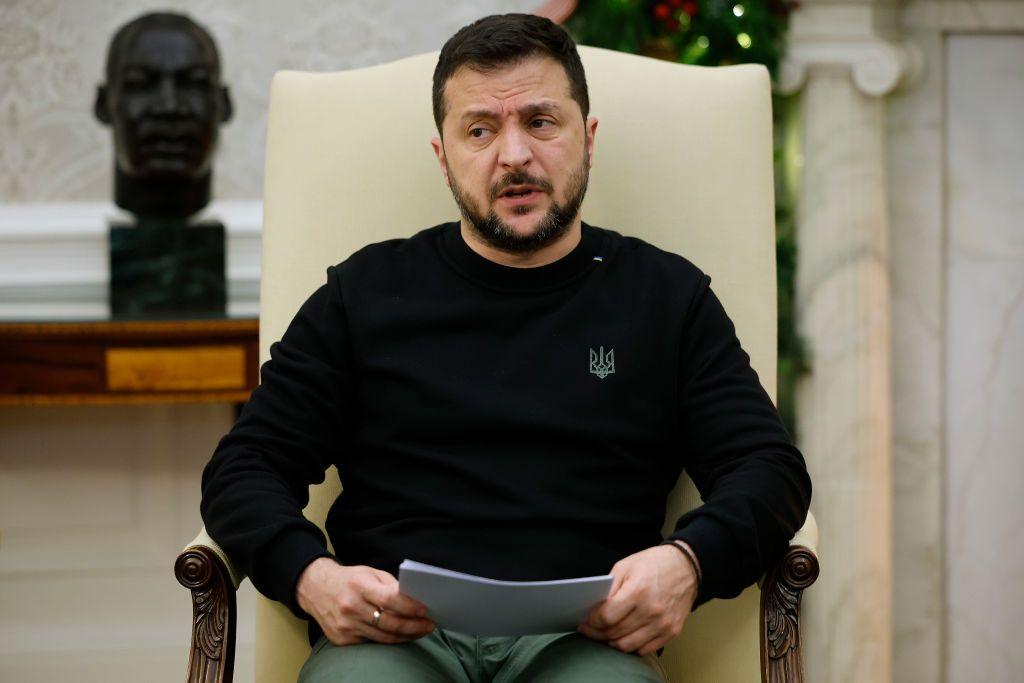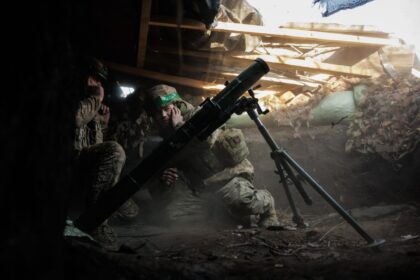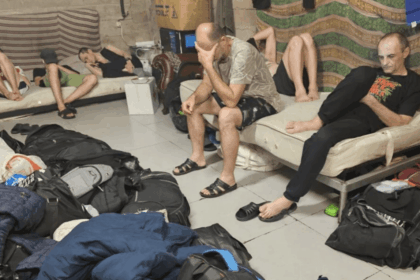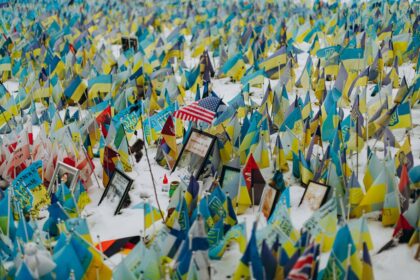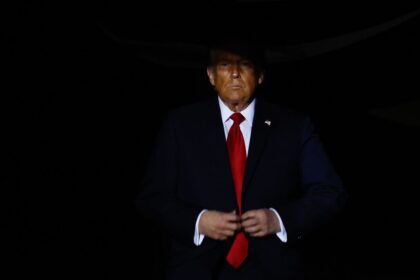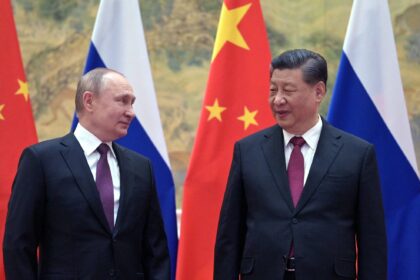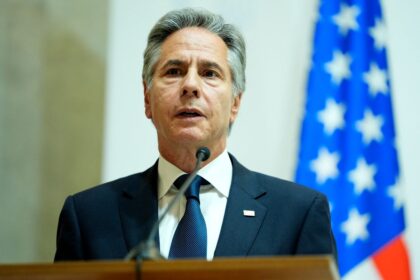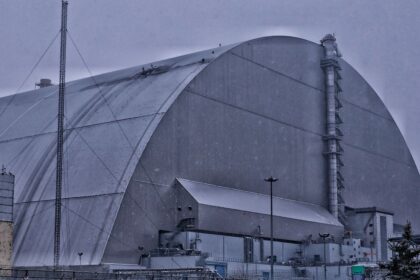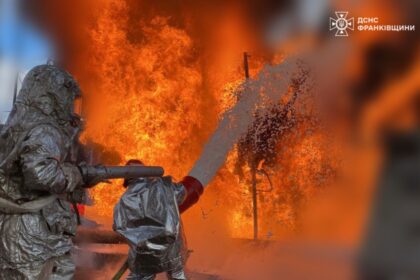**Ukraine’s President Zelensky to Decide Next Steps in Peace Talks Based on Russian Delegation**
In a statement made on May 14, Ukrainian President Volodymyr Zelensky said that his country would determine its next steps in peace talks with Russia once Moscow unveils its delegation. The direct peace talks between Ukraine and Russia are set to take place on May 15.
According to Zelensky, the signals from Russia so far have been “unconvincing.” This suggests that Ukraine is skeptical about Russia’s intentions and will be carefully watching what team they send to negotiate. Zelensky stated that he was waiting to see who would come from Russia before deciding which steps Ukraine should take.
**Russian Delegation Revealed**
Following Zelensky’s address, the Kremlin announced that their delegation for the peace talks would include presidential advisor and propaganda architect Vladimir Medinsky as its head. The team will also consist of Deputy Foreign Minister Mikhail Galuzin, Director of Russian Military Intelligence Igor Kostyukov, and Deputy Defense Minister Alexander Fomin.
Notably, the Kremlin’s top politicians, including Russian Foreign Minister Sergey Lavrov, are not part of this delegation. This omission has sparked some speculation about Russia’s seriousness in the peace talks.
**Zelensky Invites International Support**
In his address, Zelensky called for U.S. President Donald Trump to attend the peace talks. He also mentioned that various world leaders from the Global South support direct peace talks between Ukraine and Russia. Furthermore, Zelensky highlighted a statement made by Pope Leo XIV expressing the Vatican’s willingness to play a mediatory role in the negotiations.
**No Ceasefire Until Deal is Reached**
Russian President Vladimir Putin has refused calls for a ceasefire until a deal is reached. This stance is in contrast to Ukraine’s demands for an “immediate, full, and unconditional ceasefire.” The Kremlin spokesperson Dmitry Peskov rejected the idea of deploying European peacekeepers in Ukraine, citing concerns about NATO’s military infrastructure being too close to Russian borders.
As the international community watches these developments closely, one thing is clear: Ukraine will be waiting to see who Russia sends to negotiate before deciding its next steps.




